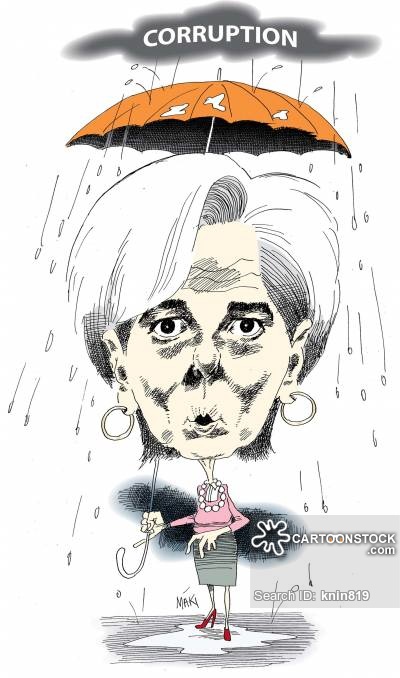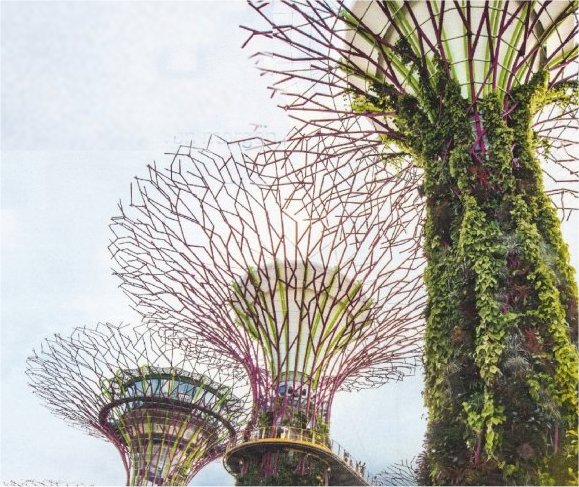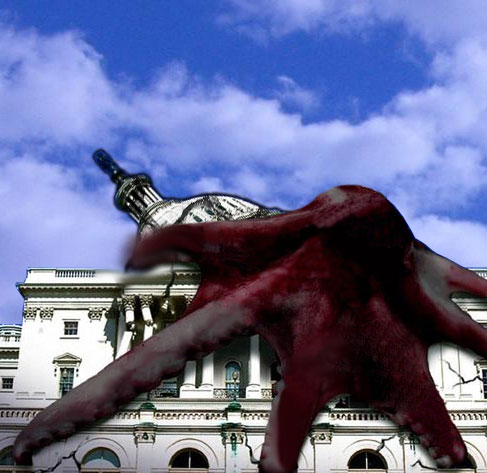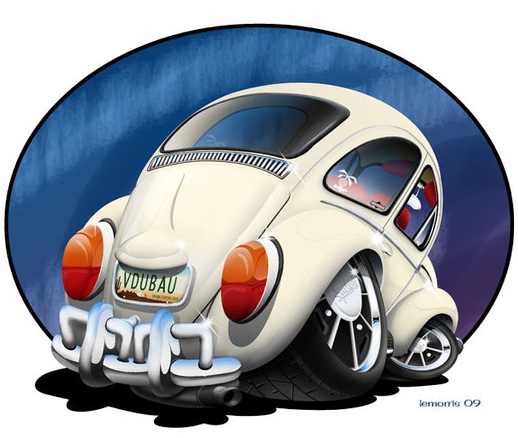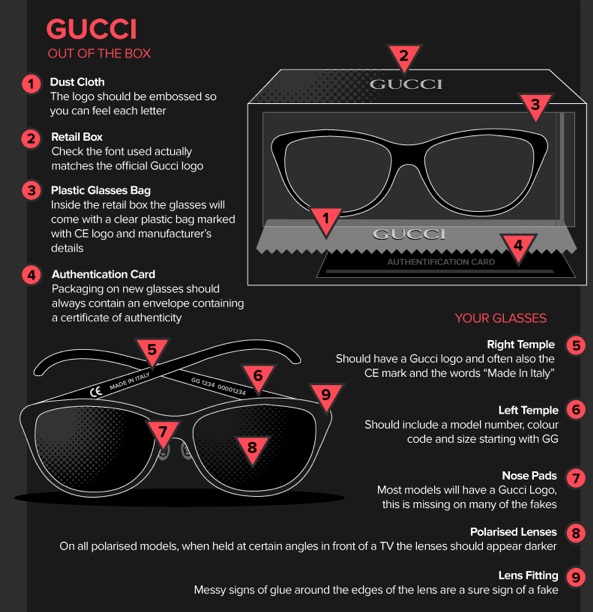Corruption Scandals 2015
FIFA Soccer’s world-governing body is so entangled in a massive web of corruption that it’s hard to pinpoint where it begins or ends, or even just how much money is involved. In May, after a lengthy U.S.-led investigation, the American Justice Department indicted 14 FIFA associates and officials, both current and former, who the FBI believed to be involved in “rampant, systemic, and deep-rooted” corruption. Seven months later, in December, another 16 officials were charged with involvement in bribery and corruption. On top of all that, FIFA president Sepp Blatter and Union of European Football Associations President Michel Platini were both given eight year suspensions from soccer activities this month over $2 million paid to Platini by Blatter in 2011. The U.S. investigation was initially intended to figure out whether FIFA officials took bribes to allow Russia and Qatar to host upcoming World Cups. But as evidence mounted, the inquiries expanded into a much more expansive probe, revealing what prosecutors say are years of corrupt practices, including bribery and game-selling, from officials in Europe, North America, Latin America, and the Caribbean.
Nigeria
When Nigerian President Muhammadu Buhari took over the presidency in May, it didn’t take him long to announce that he estimated some $150 billion had gone missing in Nigeria over the past ten years. The former military leader vowed he would do his best to find out where that money ended up, and in November he claimed to have traced at least a small fraction of it back to his predecessor’s administration. On Nov. 17, he ordered the arrest of Sambo Dasuki, former President Goodluck Jonathan’s national security advisor, for dipping his hands into the defense budget and allegedly stealing some $2 billion from the country’s fund to fight Boko Haram, the extremist group terrorizing Nigeria’s northeast. According to Buhari, Dasuki awarded phantom contracts for military supplies, including helicopters, fighter jets, bombs, and ammunition. But the equipment never arrived, and the new Nigerian administration is convinced Dasuki pocketed the money.
Malaysia
In mid 2015, $700 million of state funds had ended up in Malaysian Prime Minister Najib Razak’s personal bank account — which was not where they were supposed to go. That tied Razak directly to a probe into the 1Malaysia Development Berhad, a government-owned development company that was supposed to turn Kuala Lumpur into a thriving financial hub. Najib claims the money in his account came from personal donations. But the reports came after the fund had already fallen behind on its payment schedule. Obama claims he raised the question of corruption in a private meeting with Najib, but publicly said only that the government should aim to be “more accountable, more open, more transparent, to root out corruption.”
Honduras and Guatemala
This spring and summer, protests erupted in the Central American countries of Honduras and Guatemala, as angry activists demanded the resignations of the countries’s two presidents. In Guatemala, the outrage was linked to an international probe that discovered how customs duties were lowered for bribes. And in Honduras, the former director of the Honduran Social Security Institute was accused, along with some of his top officials, of awarding $200 million of contracts to phantom companies. Some of that money is allegedly tied to President Juan Hernandez’s political party.
Ghanaian Judges
For two years, investigative journalist and 2015 Foreign Policy Global ThinkerAremeyaw Anas worked on a film based on footage he gathered prowling the halls of Ghanaian courthouses, pretending to be the relative of accused criminals and offering bribes to judges in exchange for shortened prison sentences. Wearing a secret camera, Anas claims to have caught 32 judges accepting offers of money and even livestock. In October, after Anas published his documentary, Ghana suspended seven top judges in what the country’s judicial council labeled a “prima facie case of stated misbehavior against them.” That “misbehavior” was what was documented by Anas, whose journalistic mission is to “name, shame, and jail” corrupt officials. And in this case, he claims he has hundreds of additional hours of footage to further prove the justices’ complicity. In December, 21 of the 32 indicted judges were reportedlyasked to step down.
United Nations General Assembly
According to the prosecutors who filed charges against him in October, John Ashe, former president of the U.N. General Assembly and one-time U.N. ambassador from Antigua and Barbuda, knew how to use diplomacy to make a quick buck. The October complaint claims that Ashe took part in a $1 million bribery scheme with a Chinese businessman who wanted to build a multi-billion dollar U.N. conference center in Macau. But that wasn’t the end of his shady deals with Chinese businessmen: Ashe allegedly pocketed upwards of $800,000 in bribe money to support Chinese business deals on Antigua, then shared some of it with the Antiguan prime minister. And prosecutors say Ashe got a lot more than just the extra pocket money out of all his wheeling and dealing. According to the complaint, his under the table deals helped him pay $40,000 in BMW bills, build a $30,000 basketball court in his private home, collect $54,000 in Rolex watches, and join a vacation club for $69,000 — among other luxuries.

